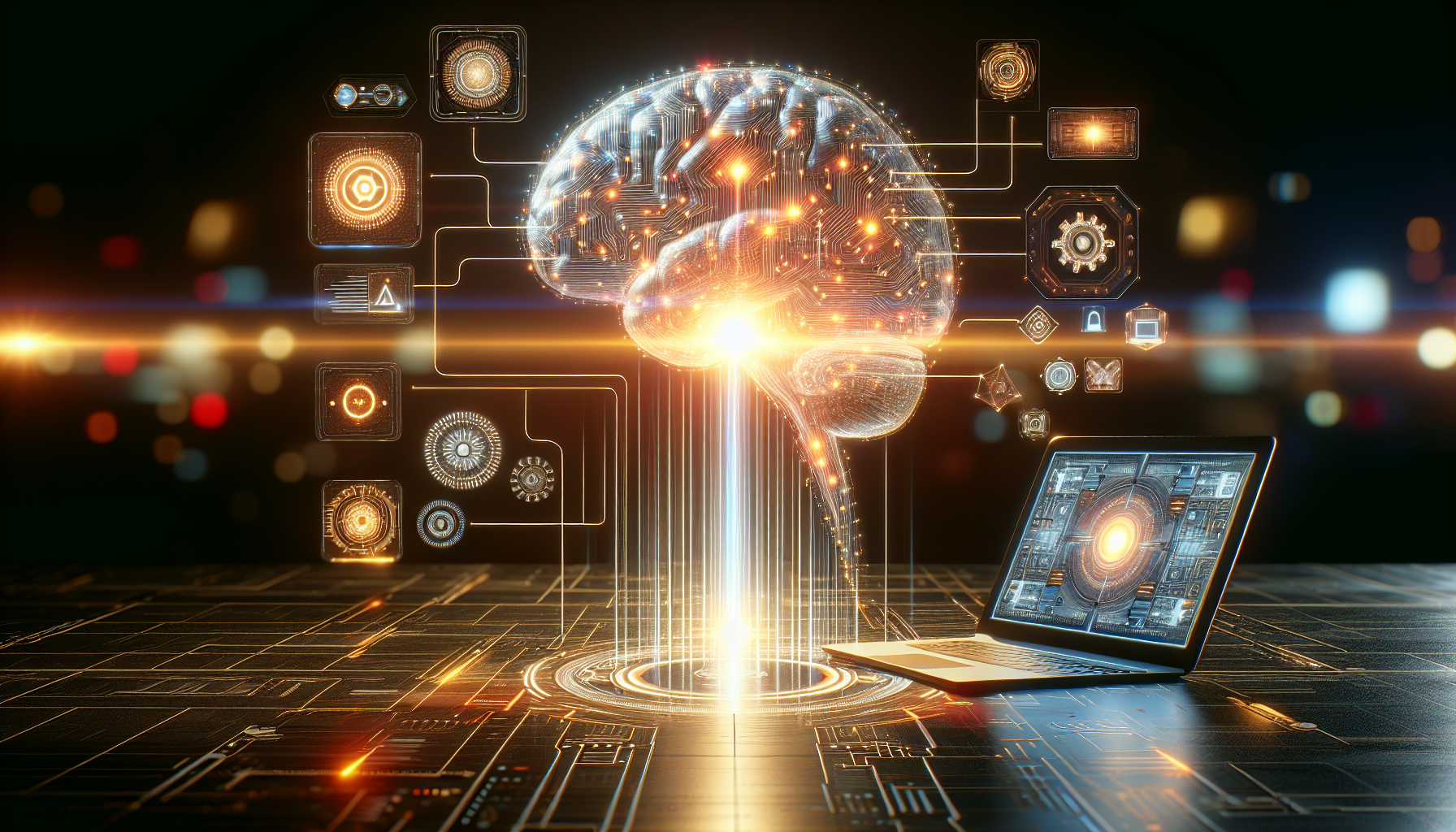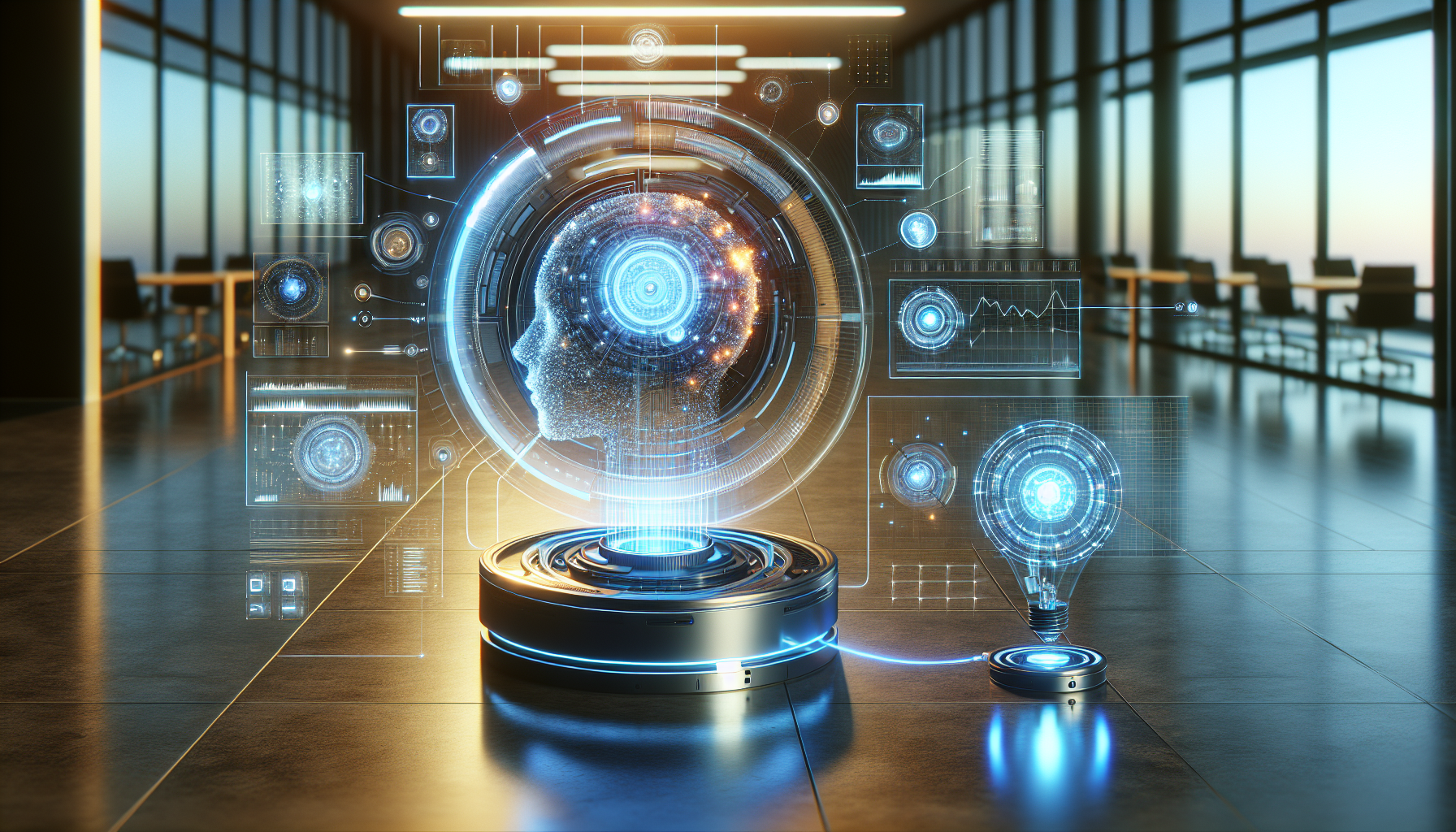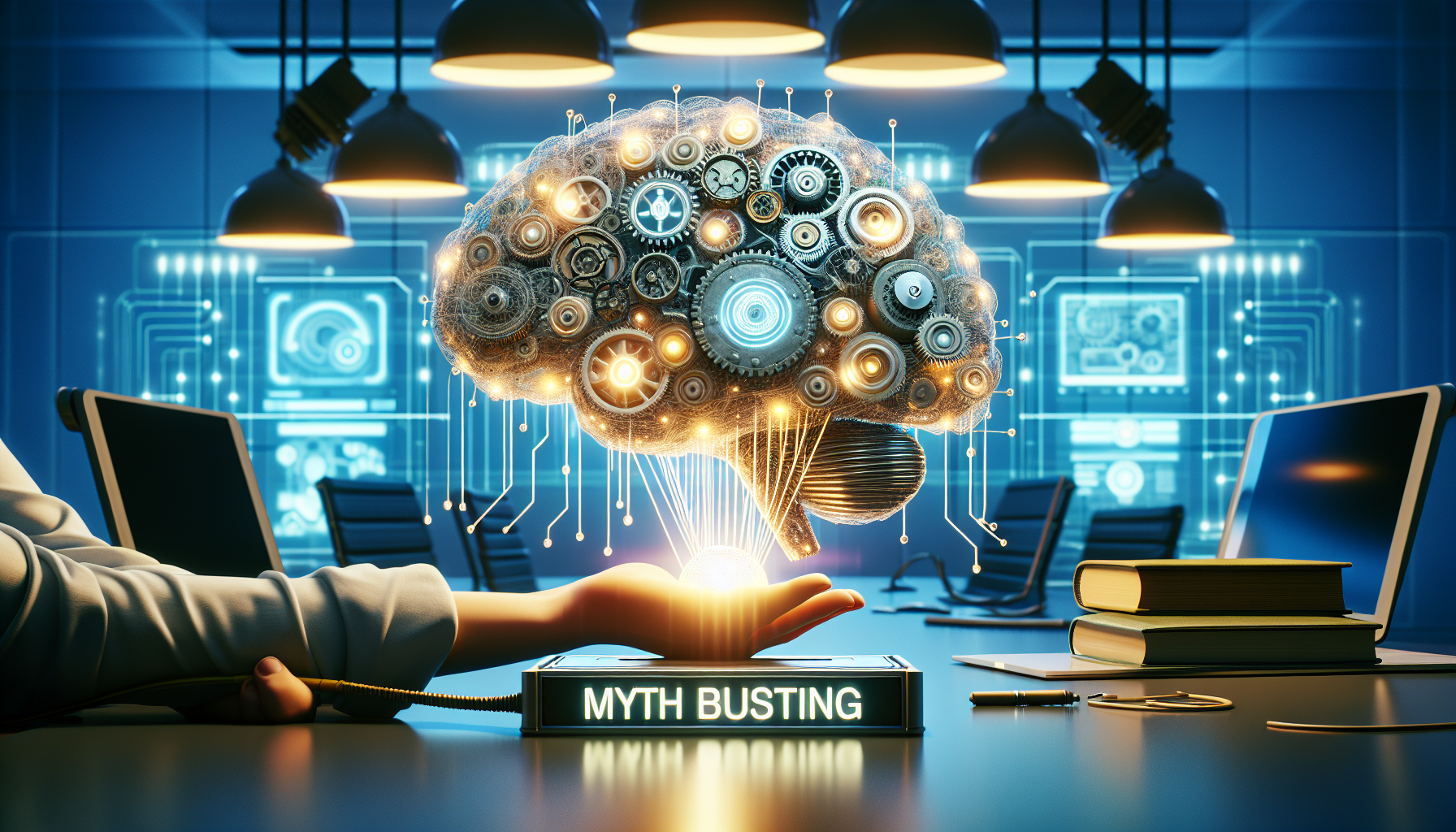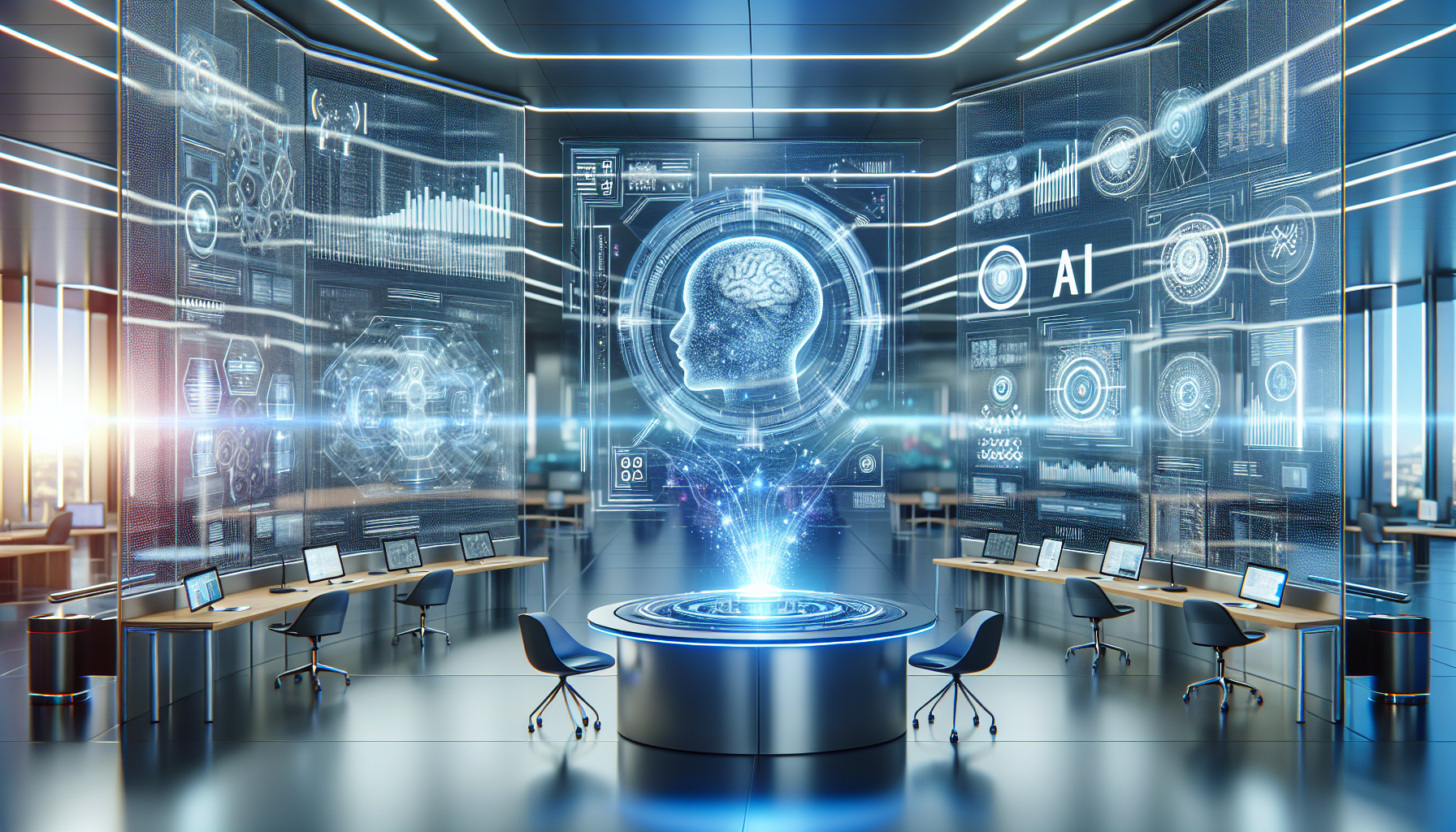
Smart Homes and AI: Future Predictions for Enhanced Living
March 18, 2025
The concept of smart homes has moved from science fiction to reality, driven by advances in artificial intelligence. As homes become more interconnected, AI stands poised to fundamentally alter the way we interact with our living spaces. This transformation is not merely about convenience but encompasses efficiency, sustainability, and a new paradigm of personalized living.
One of the most compelling predictions for the future of smart homes is the development of truly intelligent systems that anticipate our needs before we express them. Imagine a home that seamlessly adjusts its environment to suit your preferences, learning from your habits and routines. This level of personalization, powered by AI algorithms, could lead to an era where homes not only respond to commands but also make autonomous decisions to enhance comfort and efficiency.
The integration of AI in smart homes promises significant advancements in energy management. AI systems could analyze data from various sensors and external sources to optimize energy consumption dynamically. For instance, smart thermostats and lighting systems could work in tandem with AI to minimize energy waste, predicting when residents will return home and adjusting settings accordingly. This would lead to reduced utility bills and a smaller environmental footprint, aligning with global sustainability goals.
Security is another domain where AI is expected to revolutionize smart homes. Future systems could employ advanced machine learning techniques to identify potential threats with unprecedented accuracy. By analyzing patterns and anomalies in real-time, AI could distinguish between a harmless family member and a potential intruder, enhancing safety without the need for intrusive monitoring systems. This proactive approach to security could also extend to cybersecurity, protecting sensitive data from increasingly sophisticated digital threats.
Health and wellness are emerging as central themes in the evolution of smart homes. AI can play a pivotal role in monitoring and promoting well-being by integrating with wearable devices and home sensors. These systems could track vital signs, alert residents to potential health issues, and even coordinate with healthcare providers for timely intervention. This proactive health management could transform homes into holistic wellness centers, offering tailored recommendations to improve physical and mental health.
The kitchen of the future, driven by AI innovation, might transform the way we approach food and nutrition. Smart appliances could work together to suggest meal plans based on dietary preferences, nutritional requirements, and available ingredients. AI could guide cooking processes, ensuring precision and reducing waste. This culinary revolution has the potential to enhance culinary creativity and efficiency, making healthy eating more accessible.
While the potential benefits of AI in smart homes are vast, ethical considerations must be addressed to ensure these technologies are developed responsibly. Privacy concerns are paramount, as the data required to power these intelligent systems is inherently personal. Transparent data policies and robust security measures will be essential to maintain trust between users and technology providers.
Moreover, the digital divide could widen if AI-driven smart home technologies are not made accessible to all socioeconomic groups. Efforts must be made to democratize these innovations, ensuring that their benefits are not limited to the affluent. Addressing these challenges will be crucial in realizing the full potential of AI in smart homes.
As we stand on the brink of this technological revolution, questions about the future of smart homes abound. How will AI redefine our relationship with our living spaces? In what ways will these advancements shape societal norms and daily routines? The answers to these questions will emerge as artificial intelligence continues to evolve, offering a glimpse into a future where our homes are not just places of residence but active participants in our lives.


